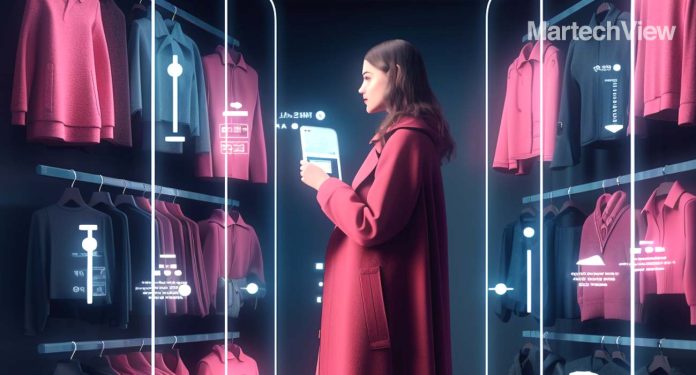Seventy-one percent of respondents said using the technology to try on products virtually would boost their buying confidence.
Retailers have jumped headfirst into providing AI tools to solve customer pain points. In recent years, major retailers, including Etsy, Walmart, and Sam’s Club, have used AI to manage everything from checking receipts and providing gift recommendations to enhancing search capabilities and summarizing product reviews.
Besides consumer interest in generative AI, Adobe found that most marketers already use it. Of 400 U.S. marketer respondents to Adobe’s survey, two-thirds said they are using generative AI as part of their marketing strategy, though almost half (46%) are still in the experimentation stage. Among the tasks that marketers expect to use generative AI for are deploying personalized customer experiences at scale (59%), offering faster customer support (51%), streamlining internal workflows (50%), and optimizing marketing budgets (43%).
Also Read: What Happens After a Bad Experience
Adobe’s report builds on previous research suggesting that retailers will use artificial intelligence for more tasks shortly. A Carl Marks Advisors survey released earlier this year found that consumer packaged goods executives are planning to use artificial intelligence for marketing (56%), financial forecasting (52%), and customer service (34.4%), among other functions. Meanwhile, over a fourth of retail executives surveyed by Coleman Parkes Research and Algolia said they anticipate artificial intelligence becoming a more significant part of search experiences this year.
As retailers integrate artificial intelligence tools into their businesses, the National Retail Federation has introduced parameters for responsibly doing so. In November, the NRF introduced principles for using AI in the industry, spanning customer engagement and trust, governance and risk management, business partner accountability, and workforce applications.










